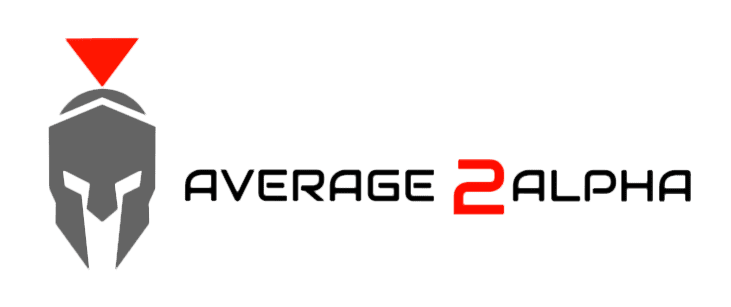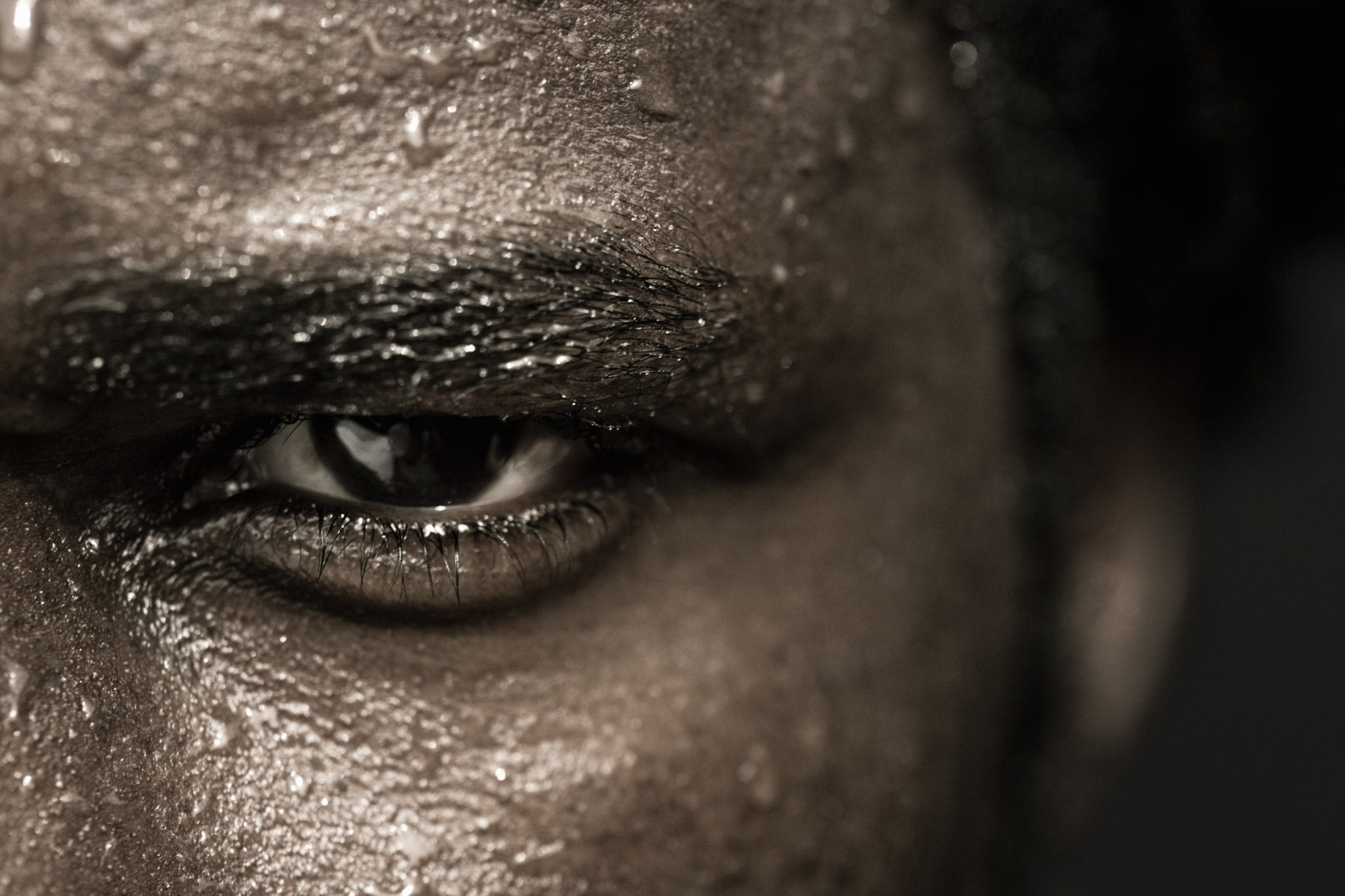There’s a sense of purpose and passion that every lifter should have in the gym. If you’re new to strength training, you’ve only begun to experience the growing pains of making progress in your training. At this point in your journey, you may leave the gym with a sense of accomplishment as you continue to see results following a strong plan. All that is required of a lifter at this stage, is to continue following a strong program, seek knowledge from a wide variety of sources, and learn from mistakes.
As you move towards becoming an intermediate or advanced lifter, a new dynamic of training is introduced as the point of diminishing returns becomes part of the equation. For these lifters, they’re starting to experience a shift in training as their bodies have adapted and now require stronger stimuli to continue progressing. Genetics aside, this is where many lifters of similar potential reach a crossroads in their path, as mental tenacity and work ethic are tested under new training demands. I’ve observed that the response from lifters usually manifests itself many different ways. Consider the following types of lifters, their respective personalities and developed traits:
The Lion-Hearted Lifter
This is the lifter who will do anything that’s been put on the paper/excel sheet on a weekly basis. He/she will grind through bad reps, yell and scream. The pitfall of this type of lifter, from my experience, is that their passion for lifting is sometimes muddled by their linear approach to lifting, and in some cases, they tend to feed off the energy of others in the gym and put emphasis into their showmanship. As a result, they rarely ever put time into becoming a student of strength. Misdirected Passion.
The Hobbyist Lifter
A lifter that suffers because they always draw a strong line when the going gets tough in training or they get injured. They tend to shift focus a lot, and are quick to point out that lifting is a hobby sport when rattled by a higher demand. The poor assumption here would be to instantly think of a weak lifter, which isn’t always true. There are many gifted lifters (technically and genetically) who fold easily with a few lapses in their progress. Passionate only when convenient.
The Emotional Lifter
Everyone is guilty of being this type of athlete from time to time. It’s imperative for good lifters to have some emotional investment in training, as it is a great mechanism for motivation and drive. However, the dose becomes toxic when it blurs rational decision making when it comes to training, rehabilitation and future plans. Too often athletes rush back into training, choose to do another meet too soon (which becomes the straw that breaks the camel’s back), or take on additional emotional distress as a result of periods of poor training. Emotions have a multiplier effect on both sides of the fence in the sense that when things are going great, the athlete benefits immensely but when the chips are down, it is almost impossible to pull them from the abyss of failure. Too much perceived passion.
The Risk Adverse Lifter
A very common and simple character. Too conservative and lacks the ability to take risks which leads to little (if any at all) progress. Always looking at the worst possible scenario in possible injuries and failure. Little or no passion.
The Expert Lifter
You can encounter this lifter in varying forms. It could be the biggest dude at your gym, the one that doesn’t even lift, someone proudly carrying graduate school and certifications in Exercise Science and Nutrition, or even the person that can barely string together coherent sentences. This is probably the most dangerous variant of lifter, because whether or not they’re a success story, they believe it more than anything. Even with years of experience or education, they have tunnel vision when it comes to their beliefs. Passion that takes on a self-destructive form.
Are You Lifting with Passion?

Chances are that if you’re the Lion-hearted you have already have the ingredients to take the rocky road and be a success, as long as you take it upon yourself to channel a little of your energy like the Expert does in learning about your craft. If you’re a Hobbyist, then inject some heart into your lifting and see if a little grit doesn’t propel you through the times you may think your energy can be better spent elsewhere. Whenever you become overly invested in your sport, take a page from the Hobbyist and step back from lifting; you’ll gain a better vantage point on your current position when you zoom out from your own insecurities and dependency on lifting. The Risk-adverse can benefit from training with a group of people that support and encourage them to take a leap with regards to their attitude on training. It is only when confidence is developed or restored by the Risk-adverse that they truly gain an insight to what they can be capable of. Lastly, the Expert needs to adopt humility, open their world up to ideas that may even conflict their own, and resist the temptation to project their beliefs on others; this receptiveness to other perspectives will make the lifter an excellent architect in designing ways to progress in times of underperformance.
My final thoughts on this subject is quite simple. Aside from natural ability, passion is the underlying factor that will help you realize the best version of yourself as a lifter. It can be your best weapon or your worst plague. As in life overall, balance is everything.
About The Author
 Che Anthony Achat is a competitive 66kg/74kg powerlifter who prides himself in having an objective look at the fitness industry. His mission is to dispel the current bee hive mind mentality, and encourage others to develop their own approach to getting stronger and healthier whether it be physically or mentally.
Che Anthony Achat is a competitive 66kg/74kg powerlifter who prides himself in having an objective look at the fitness industry. His mission is to dispel the current bee hive mind mentality, and encourage others to develop their own approach to getting stronger and healthier whether it be physically or mentally.
You can contact him at –
Instagram: @PowerliftingVillian
Snapchat: thechewok







